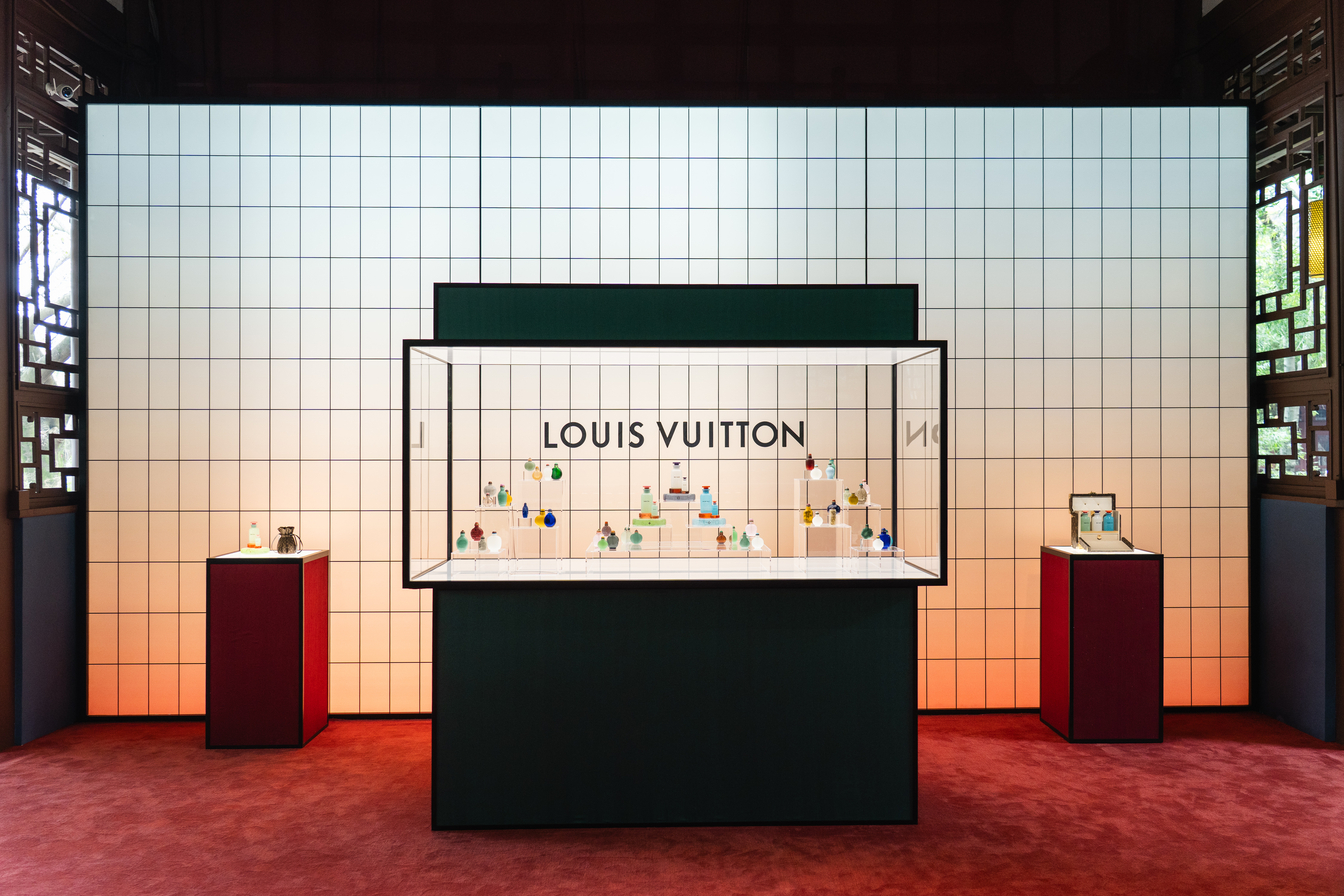While talks are still in the early stages, a deal between the two companies represents a significant opportunity for LVMH to broaden its exposure to the United States, and give a competitive edge to Tiffany helping it to retain its future brand relevance.

Tiffany also represents a more affordable jewelry brand, as LVMH only has Bulgari at the moment, which might not be seen as relevant for the slightly more traditional US customer seeking a brand with a rich cultural currency in the domestic market.
Remember, people are buying what things mean to them, not physical products. It is all about personal relevance: why they value these brands in the first place and what they help them achieve in life.
The future of consumption will be driven by the power of identity.
That is why value-based marketing and putting human needs and desires at the core of brands will be key to building culturally relevant meaning in the future. Tapping into new, younger and more diverse audiences will be key to the future of luxury. This crucial point can be too easy to dismiss if you only focus on the brands alone.
But every brand is only a vehicle of value, not the value in and of itself. People are the value. Therefore, the future strategy needs to be based on leveraging the existing audiences and the meanings they value and want to consume, not brands or products.
Good idea or bad?
It is a good investment for LVMH to undertake to ensure its future cultural relevance in the US market, and vice versa for Tiffany to retain its future brand relevance in the quickly changing global market landscape with many disruptive forces at play.
It is a win-win strategy because US consumers have a strong appetite for luxury and LVMH is the biggest luxury conglomerate in the world.
While Tiffany’s shine has been fading away recently, LVMH seems solid on its future strategy to solidify its position as the world’s leading luxury group in the 21st century.
For Tiffany, LVMH offers a stable house of diversified luxury well on its way to future-proof luxury for the next generation of consumers. It would give it a competitive edge to be positioned as a part of the LVMH group.
But Tiffany is probably going to reject the deal as it will expect a larger offer. Tiffany might also not see the possibilities that LVMH gives it in terms of stability and future synergies in LVMH’s already very well positioned and diversified global portfolio.
Tiffany might want the autonomy, but that is only possible to keep if you have the growth to back it up. This will be an interesting space to watch for sure.
We will see more happening in the US luxury market as LVMH needs to penetrate it to broaden its sphere of local influence and position itself as the leader in global luxury.
Cover Image: Tiffany & Co. 2019 Campaign. Photo: Courtesy.
This article was originally published on Luxury Daily. It has been adapted for clarity and style and is republished with permission.










